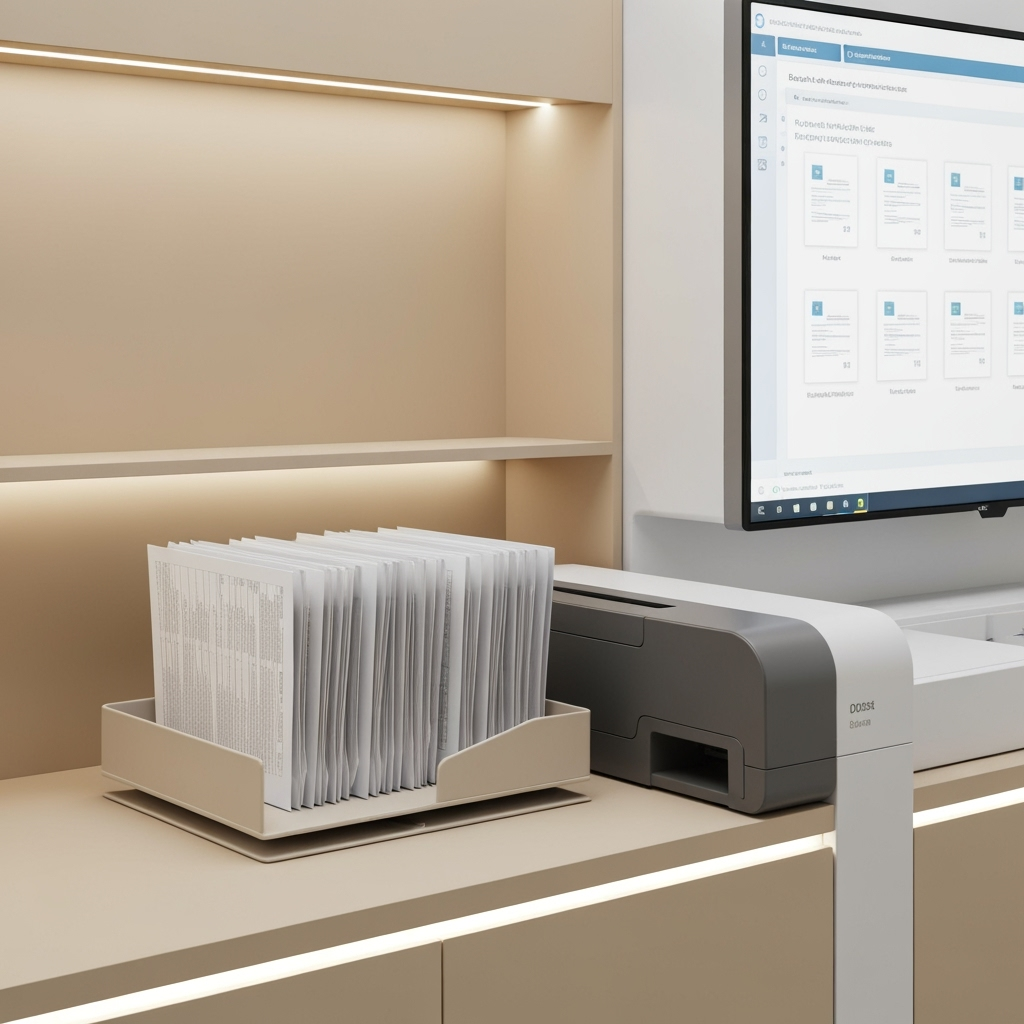The Critical Need for Professional Tax Document Storage
Tax professionals and accountants face unique challenges when it comes to storing and managing sensitive financial documents. With strict IRS requirements for record retention and the need to protect confidential client information, having a proper storage solution is not just convenient—it’s essential for regulatory compliance and business success.

Understanding Storage Requirements for Tax Documents
Before implementing a storage solution, it’s crucial to understand the various retention requirements for different types of tax documents:
- Tax Returns: Minimum 3 years from filing date
- Employment Tax Records: At least 4 years
- Business Transaction Records: 7 years recommended
- Asset Records: Until disposal plus 7 years
- Client Communications: Permanent retention advised
Climate-Controlled Storage: Protecting Paper Documents
While many firms are moving toward digital solutions, paper documents remain a reality in the tax industry. Climate-controlled storage units offer several advantages:
- Temperature stability to prevent paper degradation
- Humidity control to prevent mold and mildew
- Protection from dust and environmental damage
- Security features for confidential information
Implementing a Hybrid Storage System

Modern tax practices often benefit from a hybrid approach to document storage:
- Active Files: Keep in-office for immediate access
- Recent Archives: Store in climate-controlled units
- Digital Backups: Maintain secure cloud storage
- Long-term Storage: Organize in dedicated archive spaces
Organizing Your Storage Unit for Maximum Efficiency
Consider these organizational strategies for your storage unit:
- Create clear labeling systems by year and document type
- Use waterproof containers and filing cabinets
- Implement a check-in/check-out system for document tracking
- Maintain an inventory database for quick reference
- Design an easy-to-navigate floor plan
Security Considerations for Tax Documents
Security is paramount when storing sensitive financial information:
- Choose facilities with 24/7 surveillance
- Use individual locks and security systems
- Implement access control protocols
- Regular security audits and monitoring
- Maintain visitor logs and access records
Seasonal Storage Solutions for Tax Professionals
Tax season brings unique storage challenges. Plan ahead with these strategies:
- Temporary expansion units for peak season
- Mobile storage solutions for satellite offices
- Flexible space allocation for varying needs
- Organized retrieval systems for efficiency
Tips for Transitioning to Digital Storage
While maintaining physical storage, consider these steps toward digital transformation:
- Invest in high-quality scanning equipment
- Develop clear file naming conventions
- Use secure, encrypted cloud storage
- Implement backup and disaster recovery plans
- Train staff on digital document management
Compliance and Insurance Requirements
Protect your practice with proper coverage and compliance measures:
- Verify insurance coverage for stored documents
- Maintain compliance with state regulations
- Document destruction protocols
- Regular compliance audits
- Updated security certificates
Making the Most of Your Storage Investment
Maximize the value of your storage solution with these best practices:
- Regular inventory assessments
- Scheduled document purges following retention guidelines
- Efficient space utilization planning
- Cost-effective storage unit selection
- Regular maintenance and organization checks










Leave a Reply